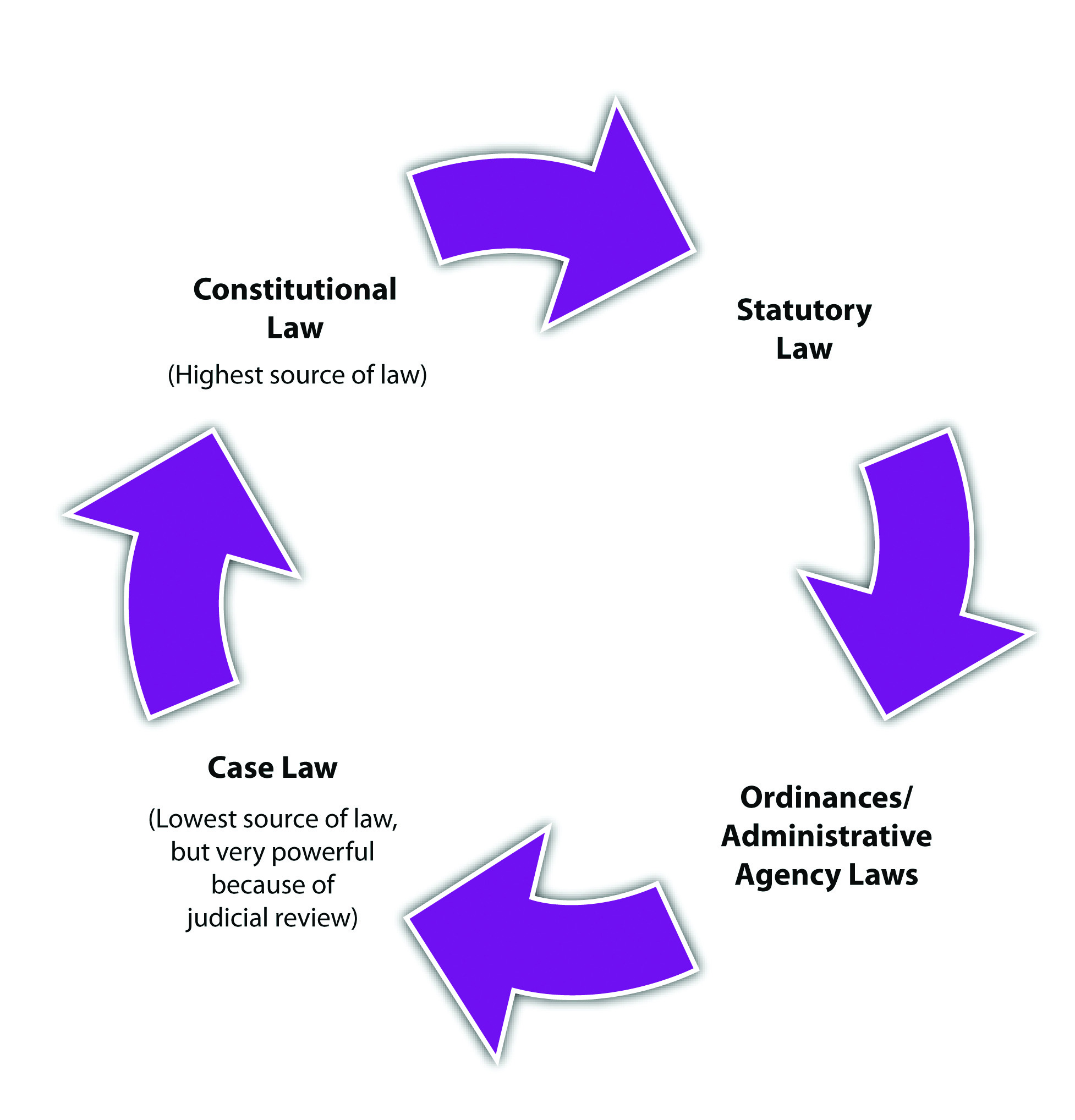
Understanding Statutory Law: Foundations of Legal Regulations
Statutory law forms the bedrock of legal systems worldwide, providing a structured framework for governance and justice. This body of law, enacted by legislative bodies, plays a pivotal role in shaping the rules that govern society. Exploring the nuances of statutory law allows us to appreciate its significance in maintaining order and justice.
Origins and Development of Statutory Law
Statutory law finds its roots in the legislative process, where elected representatives create, amend, and repeal laws. This process reflects the evolving needs and values of a society. Over time, statutory law has become a primary source of legal authority, coexisting with common law and constitutional principles.
The Legislative Power: Crafting Statutes
Legislative bodies, whether at the national or local level, hold the authority to craft statutes. These statutes are comprehensive laws that address various aspects of public and private life. The legislative process involves debates, negotiations, and public input, ensuring a democratic approach to lawmaking.
Role in Codifying Legal Principles
One of the key functions of statutory law is the codification of legal principles. By consolidating rules and regulations into statutes, lawmakers create a clear and accessible legal framework. This codification helps legal professionals, citizens, and businesses understand their rights and obligations, fostering a transparent and accountable legal system.
Statutory Law in Action: Examples and Cases
Examining specific examples and cases illustrates how statutory law operates in real-life scenarios. Landmark statutes, such as the Civil Rights Act of 1964 or the Clean Air Act, have had far-reaching effects on society. These laws address issues of discrimination and environmental protection, showcasing the breadth and impact of statutory interventions.
Interplay with Other Legal Sources
Statutory law does not exist in isolation; it interacts with other sources of law, including common law and constitutional provisions. Courts often interpret statutes in light of established legal principles, ensuring harmony and consistency within the legal system. This interplay reflects the dynamic nature of legal interpretation.
Challenges and Criticisms of Statutory Law
While statutory law provides clarity, it is not immune to challenges and criticisms. Some argue that rigid statutes may not adequately address complex and evolving situations. Others express concerns about the potential for legislative overreach. Balancing the need for clear rules with the flexibility to adapt to unforeseen circumstances remains a constant challenge.
Amendments and Repeals: Adapting to Change
The adaptability of statutory law is evident in the processes of amendment and repeal. Legislative bodies can modify existing statutes to reflect changing societal norms, technological advancements, or emerging issues. This flexibility allows the legal system to remain relevant and responsive to the evolving needs of the community.
Global Perspectives on Statutory Law
Statutory law varies across jurisdictions, reflecting cultural, historical, and political differences. While the core principles may align, the specific statutes enacted by different countries differ significantly. Understanding these variations provides insight into the diverse approaches to governance and legal regulation worldwide.
Navigating the Legal Landscape: Statutory Law and Everyday Life
In our daily lives, statutory law influences various aspects, from contractual agreements to consumer rights. Understanding the statutes that govern our interactions fosters a sense of legal awareness and responsibility. Whether in business transactions, property dealings, or personal relationships, statutory law is a guiding force that shapes our behavior and expectations.
To explore more about the significance of statutory law, visit amellawyer.com. Understanding its principles and applications is essential for anyone seeking to navigate the intricate web of legal regulations that govern our societies.